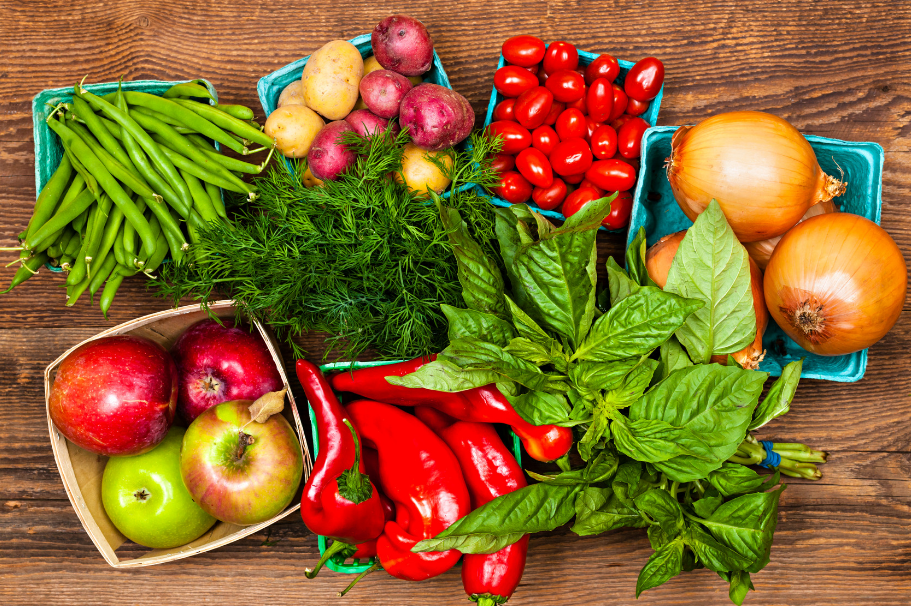Increasing Healthy Options at the Jewish Food Bank
Jacob knows how important it is to have healthy food. An immigrant to Vancouver, two years ago he had a complicated surgery that meant he could no longer work physical labour. Suddenly his life stopped. Without steady employment, he didn’t have enough money to support himself. On top of this, his diabetes meant that finding nutritious and wholesome food was beyond his means.
That’s when he reached out to the Jewish Food Bank.
“At first it was really tough, to feel like you are begging,” says Jacob, “it’s expensive to even buy at Walmart and you cannot get enough. The whole wheat cereal there is $10 and at the end of the month it’s a lot of money.” But at the Jewish Food Bank, he says, “the healthy options are incredible and plentiful. Without the food bank my financial situation would be much worse.”
Food banks play a growing role in our communities. Throughout Canada, over 850,000 people turn to food banks for help each month, of which more than one-third are children and youth. These Canadians live in a state of food insecurity, meaning they do not have reliable access to adequate amounts of safe, good-quality, nutritious food. The main driver of food insecurity is low income, which consistently affects more than four million Canadians at any given time and is amplified by the affordability crises in major cities like Vancouver.
In British Columbia alone, food bank usage has gone up 33% in the last eight years.
Nutritious food options are especially important for families with growing children and people who struggle with health conditions.
Jacob is enthusiastic about the healthy food items available to him. “I’m talking more whole wheat bread, vegetables, beans. They give you options. The options are exactly what I need.”
With the support of the Jewish Food Bank, Jacob says his situation has improved dramatically. “It is so well run and they have so much patience and heart. The people here are very understanding. They give you back your dignity.”
People who visit food banks come from all backgrounds. “It can happen to anyone in the world,” says Jacob, “it doesn’t matter how high or successful you can be, at some time in life things happen and you will need this service. The first weeks were really tough, but they know how to give you your life back.”

